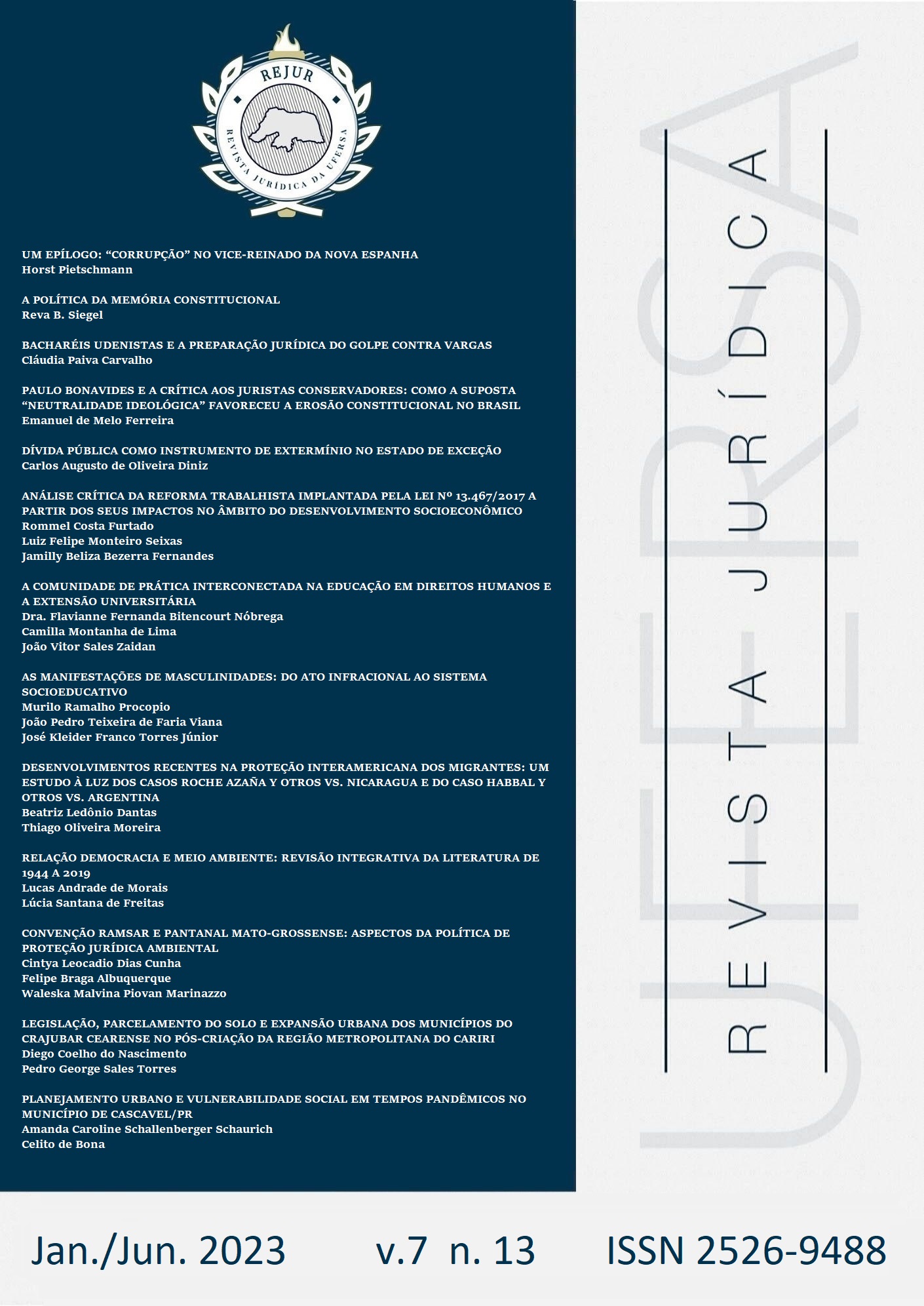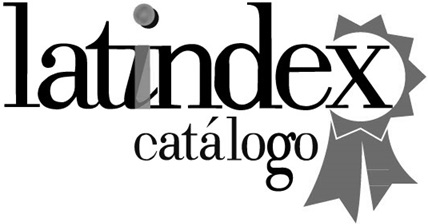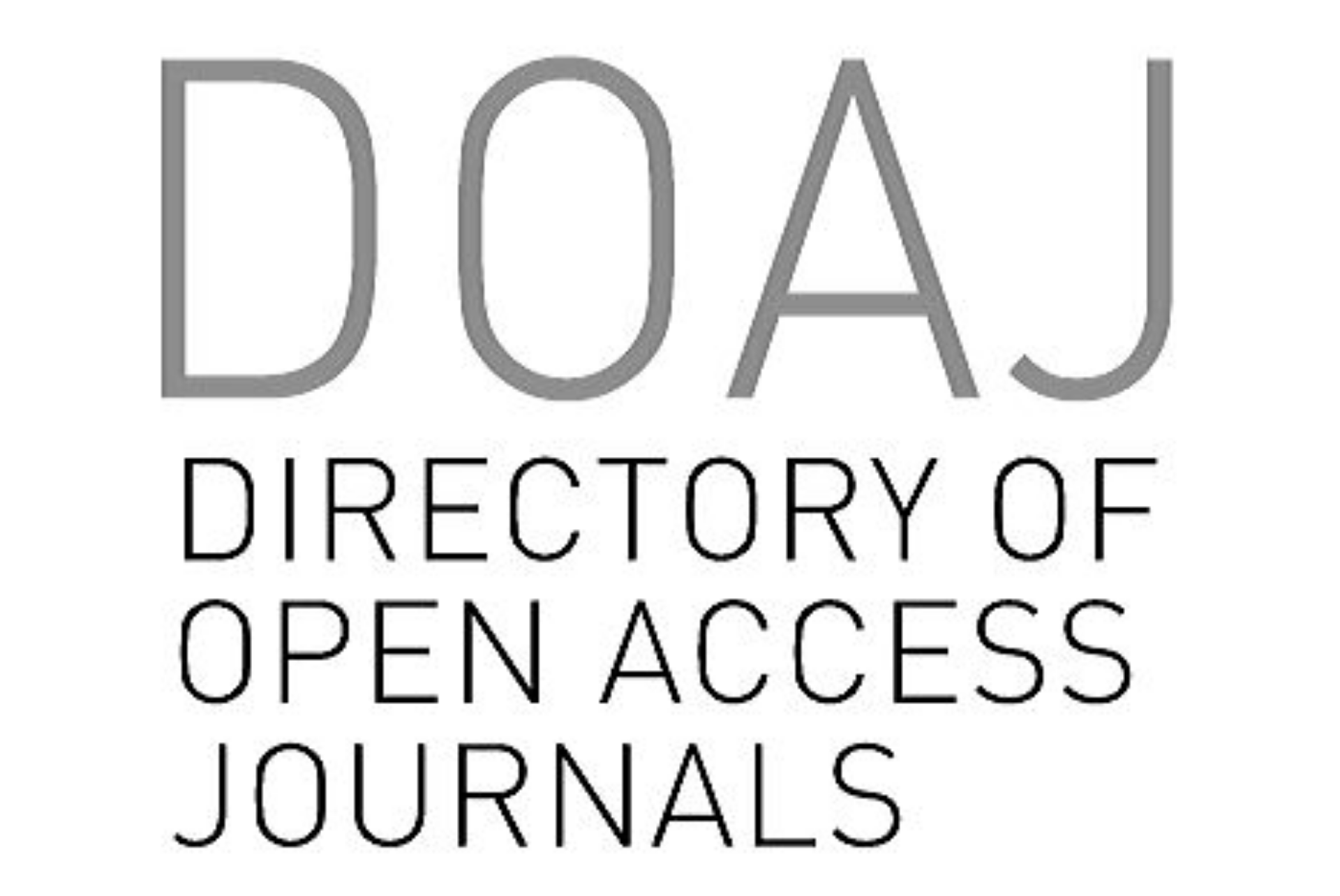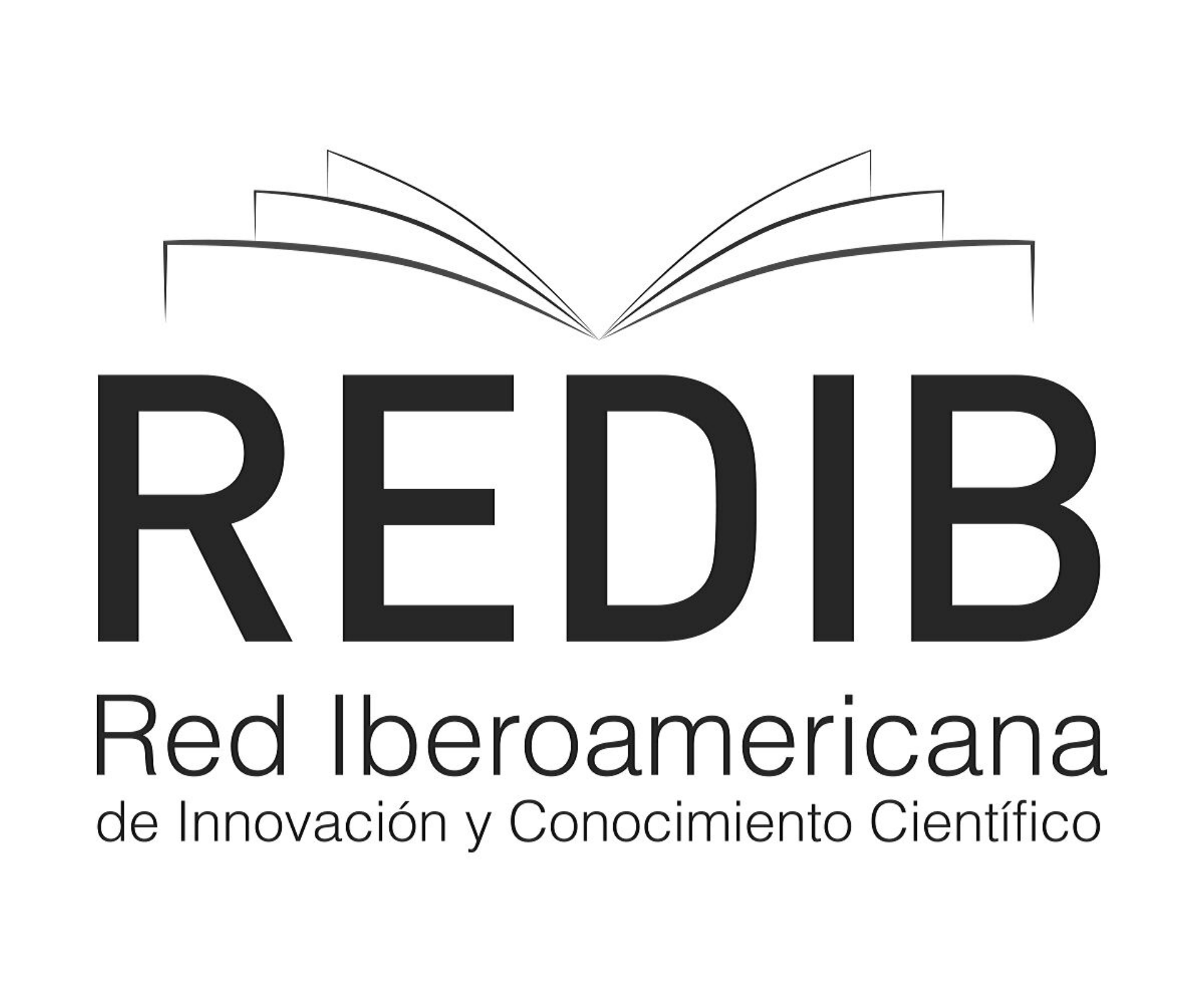RAMSAR CONVENTION AND MATO-GROSS PANTANAL: ASPECTS OF ENVIRONMENTAL LEGAL PROTECTION POLICY
DOI:
https://doi.org/10.21708/issn2526-9488.v7.n13.p238-260.2023Abstract
The present work is an analysis of the environmental legal aspects of the Ramsar Convention in the Pantanal of Mato Grosso. Based on this problem, that is, to what extent the protection conferred by the Convention on Wetlands (Ramsar Sites) has normatively contributed to the protection of the biome, the objective is initially to identify the Ramsar Convention as a normative framework for the protection of wetlands and its incorporation by Brazil, and then to recognize the legal aspects affecting the Pantanal Mato-grossense as a natural and cultural environment and then to verify what the legal implications are of the Ramsar Site status conferred on some areas of the Pantanal Mato-grossense. The relevance of the work in question is evidenced in the analysis of the theme that is foreseen in a Treaty, of which Brazil is a signatory, that recognizes four Ramsar Sites in the biome. At the end, the conclusions about the proposed problem are presented. The present work makes use of bibliographical research, analyzing the position of scholars on the subject, as well as observing the jurisprudential understanding.
Keywords: Pantanal Mato-grossense; Ramsar Convention; Ramsar Sites; environmental protection.
Downloads
Published
Issue
Section
License
Copyright (c) 2023 UFERSA's Law Review

This work is licensed under a Creative Commons Attribution-NonCommercial-NoDerivatives 4.0 International License.
Ao enviarem seus artigos, os autores concordam com os seguintes termos: 1. Cede-se à REJUR, gratuitamente e sem regime de exclusividade, seus direitos autorais; 2. Confere-se à REJUR os direitos de primeira publicação, permitindo-se o livre compartilhamento dos artigos veiculados em formato PDF; 3. Divulgações posteriores em periódicos, livros, obras coletivas ou eventos de qualquer natureza devem fazer referência à REJUR como meio de publicação original; 4. Os autores são responsáveis pelo conteúdo constante de seus textos; 5. o trabalho será licenciado também sob a Licença Creative Commons Atribuição-NãoComercial-SemDerivações 4.0 Internacional.













